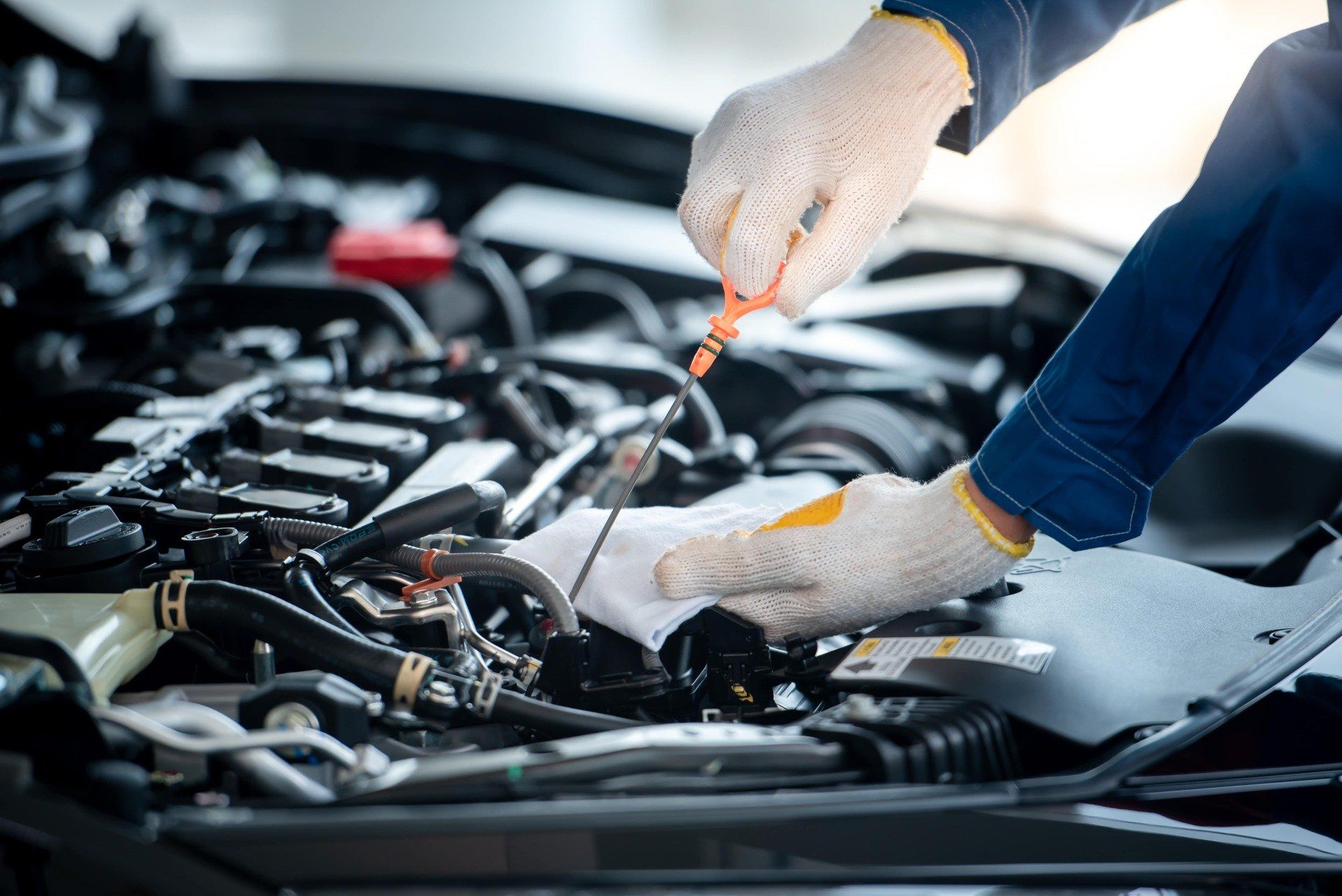All Categories
Featured
Regular cars and truck maintenance is key to making sure the safety, performance, and long life of your car. Many vehicle proprietors find themselves questioning, "Just how typically should I service my automobile?" The answer depends upon various variables, including your vehicle's make and version, your driving practices, and manufacturer suggestions. In this overview, we'll break down the vital factors to consider to help you establish the ideal maintenance routine for your auto.
- Comply with the Manufacturer's Suggestions. The top place to seek support is your vehicle's proprietor's manual. Makers offer a comprehensive maintenance routine customized to your particular vehicle design. This routine commonly details solution periods for oil changes, filter replacements, tire rotations, and examinations of essential elements like brakes and suspension.
For a lot of contemporary vehicles, servicing intervals are typically based upon gas mileage or time, whichever precedes. For instance:
Oil changes: Every 5,000 to 10,000 miles or every 6-12 months, relying on the kind of oil utilized. Major services: Generally every 30,000, 60,000, or 90,000 miles. Adhering to the manufacturer's referrals ensures your car continues to be in ideal problem.
- Consider Your Driving Behaviors. Your motoring design and routines play a significant function in establishing exactly how usually your automobile requires maintenance. If you frequently drive under severe problems, such as stop-and-go city website traffic, severe temperatures, or dirty settings, your cars and truck might call for more frequent upkeep. In addition, if you utilize your vehicle for towing hefty tons or drive fars away consistently, elements like the engine and brakes may break faster.
- Take Notice Of Warning Indications. Sometimes, your car may need servicing faster than the set up period. Watch for caution indications such as:
Unusual noises from the engine or brakes. Lowered gas effectiveness. Control panel caution lights, such as the check engine light. Problem starting the vehicle. Addressing these issues quickly can avoid minor issues from intensifying into costly repair work. 4. Seasonal Upkeep Checks. Seasonal adjustments can affect your automobile's performance, particularly in extreme climate condition. For example:
Prior to winter, inspect your battery, tires, and heating unit to ensure they're prepared for cool weather condition. In summertime, ensure your air conditioning system is functioning effectively to prevent overheating. Arranging seasonal examinations assists your cars and truck remain trusted year-round.
- Benefits of Routine Maintenance. Normal auto servicing offers many advantages, consisting of improved security, much better fuel effectiveness, and a longer life-span for your automobile. It likewise helps keep your automobile's resale value, as prospective customers are more probable to trust an automobile with a constant upkeep background.

Final thought. The frequency of servicing your vehicle depends on a number of elements, including manufacturer standards, your driving practices, and ecological problems. Regular servicing is an investment that ensures your cars and truck stays secure, reliable, and reliable for years to come.
Latest Posts
Explore Premier Vehicle Service at Car-X St. Louis – Drive with Confidence
Strategic Marketing That Comes Full Circle
Enjoy Elegant Celebrations at Deauville Inn: Book 6 Chic Backdrops
